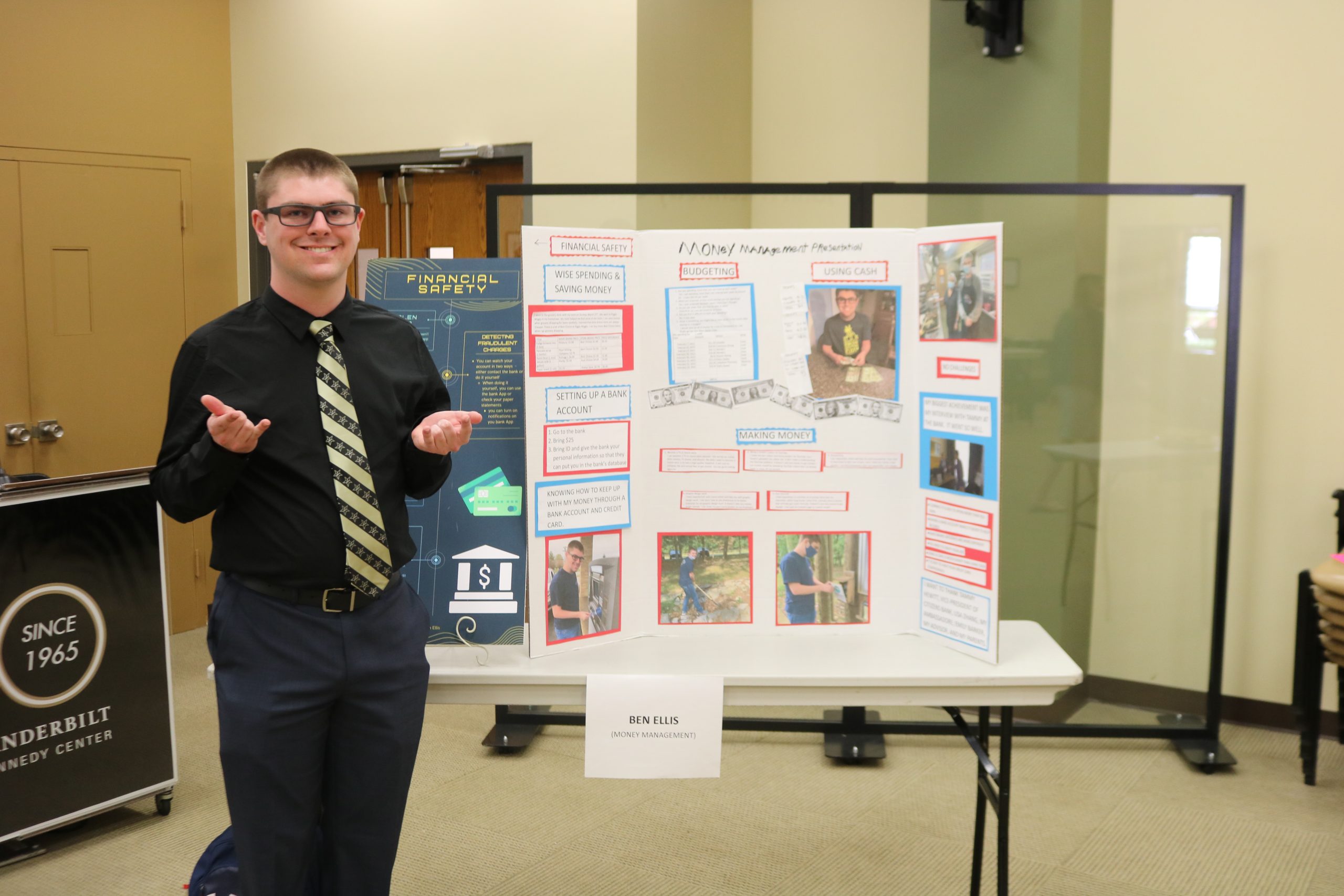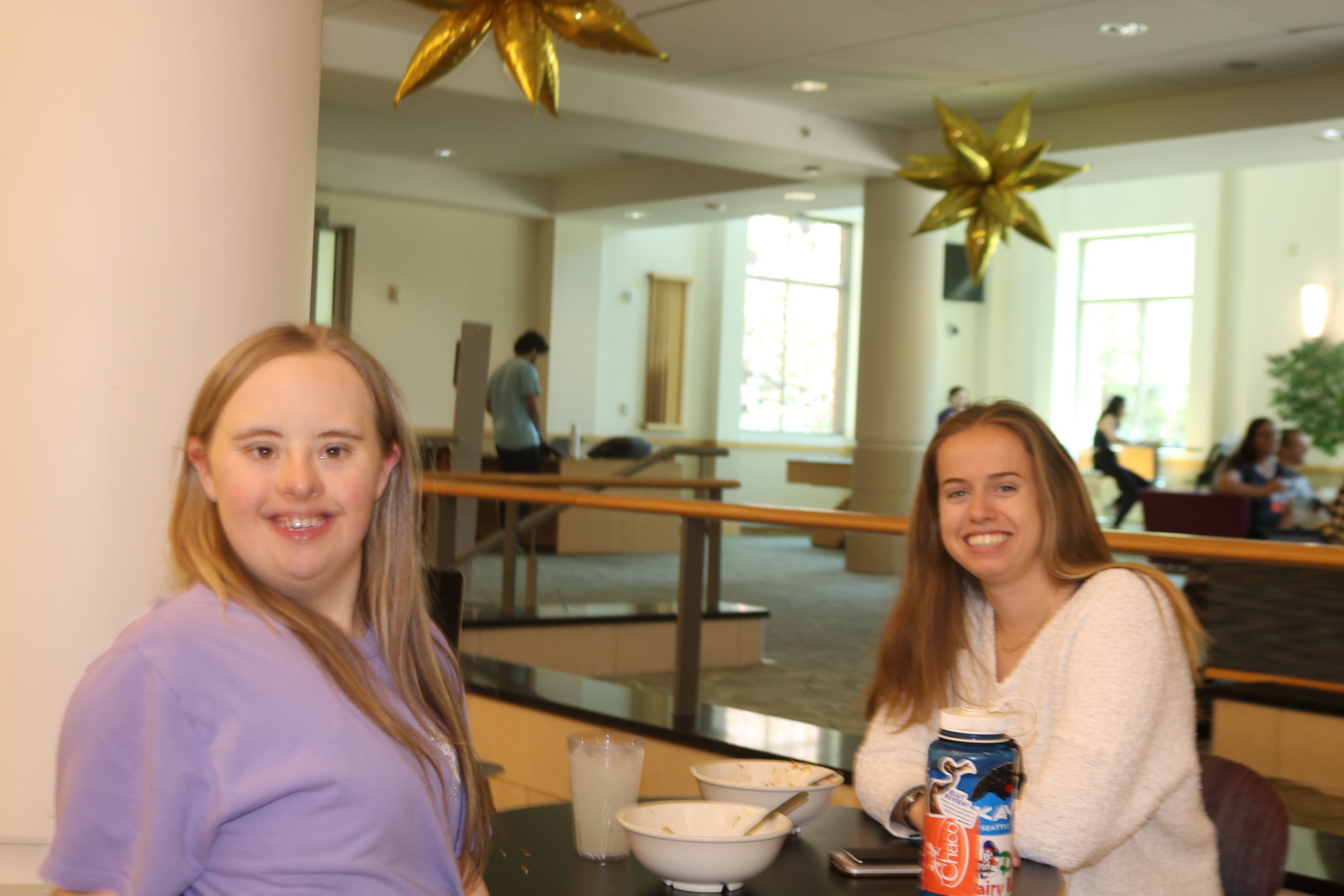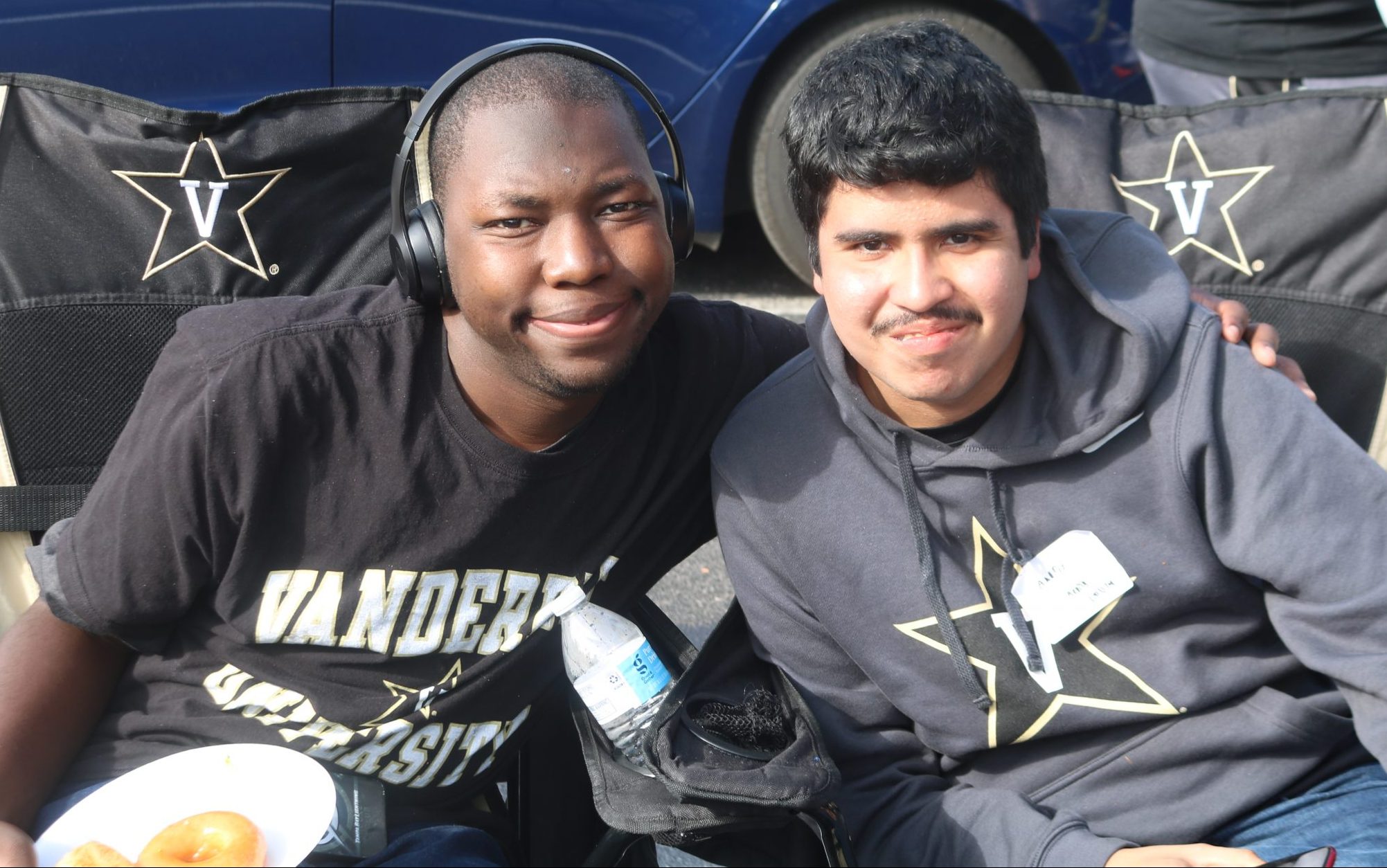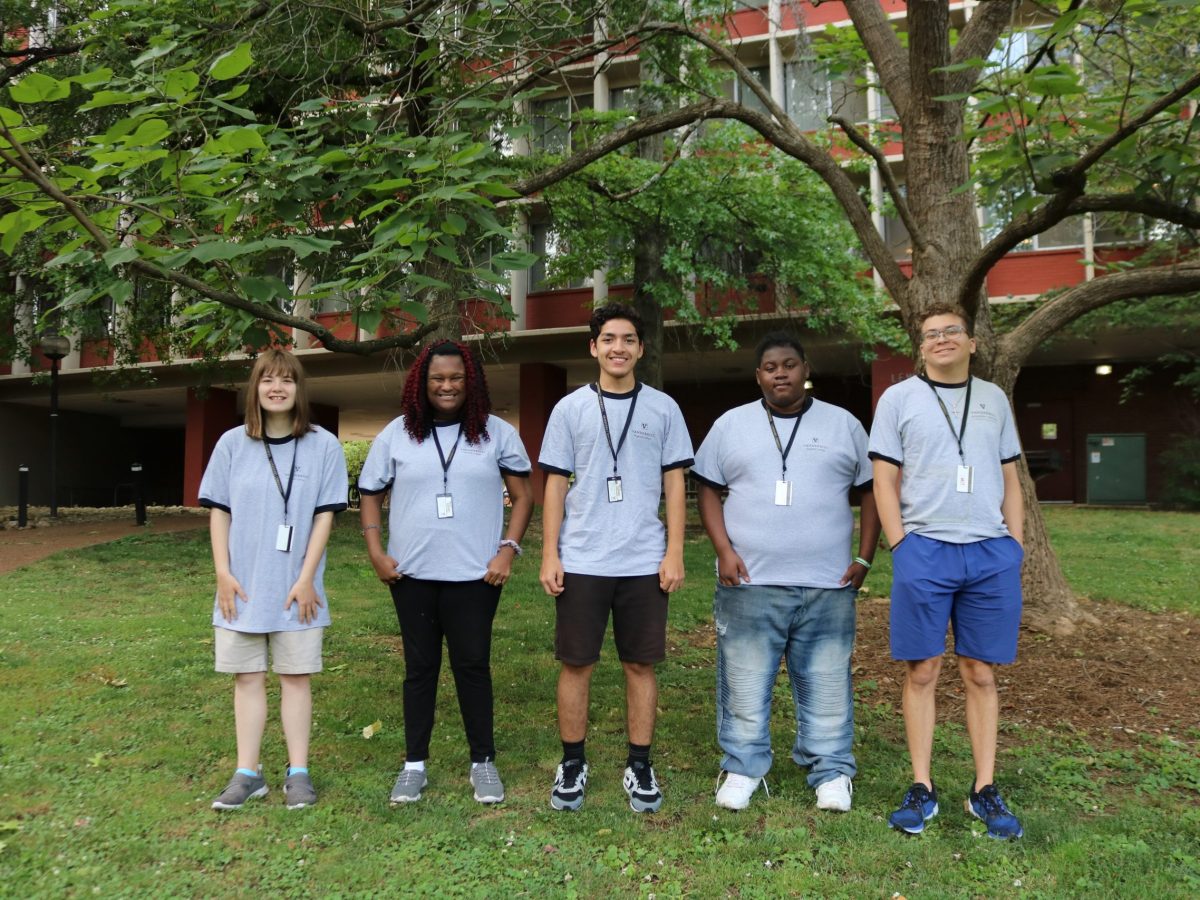Academics
Next Steps at Vanderbilt is committed to integrating students with intellectual disabilities in all aspects of the university and the surrounding community. Students will self-direct the development of their program of study through initial and on-going person-centered planning activities. The program of study is a customized plan for achievement in academic areas, independent livings skills, career development, and university life. Although Next Steps students work toward completing an individual program of study, they must also complete the program to earn a Career and Community Studies certificate on completion
Career Development
Next Steps at Vanderbilt prepares students to develop the skills, experiences, and self-advocacy necessary for paid employment upon graduation. The program designs experiences around the National Association of Colleges and Employer’s Career Readiness standards. These include skills such as: problem solving, communication, teamwork, leadership, technology use, professionalism, self-development, and equity and inclusion.
Watch as Ben Ellis (Class of 2023) shares how his experiences prepared him for his job at Long Hunter State Park: https://www.youtube.com/watch?reload=9&v=7NhuGlbMUak&feature=youtu.be
Campus Life
Vanderbilt University students join a diverse and vibrant community. Students have the opportunity to engage in campus life through student organizations, service and leadership opportunities, and college events and activities. Next Steps at Vanderbilt uses natural peer supports to help students connect with their interests, increase their personal skills, and develop relationships to make meaningful contributions as members of campus.



Email: NextSteps@vanderbilt.edu
Phone: 1-615-322-3978
